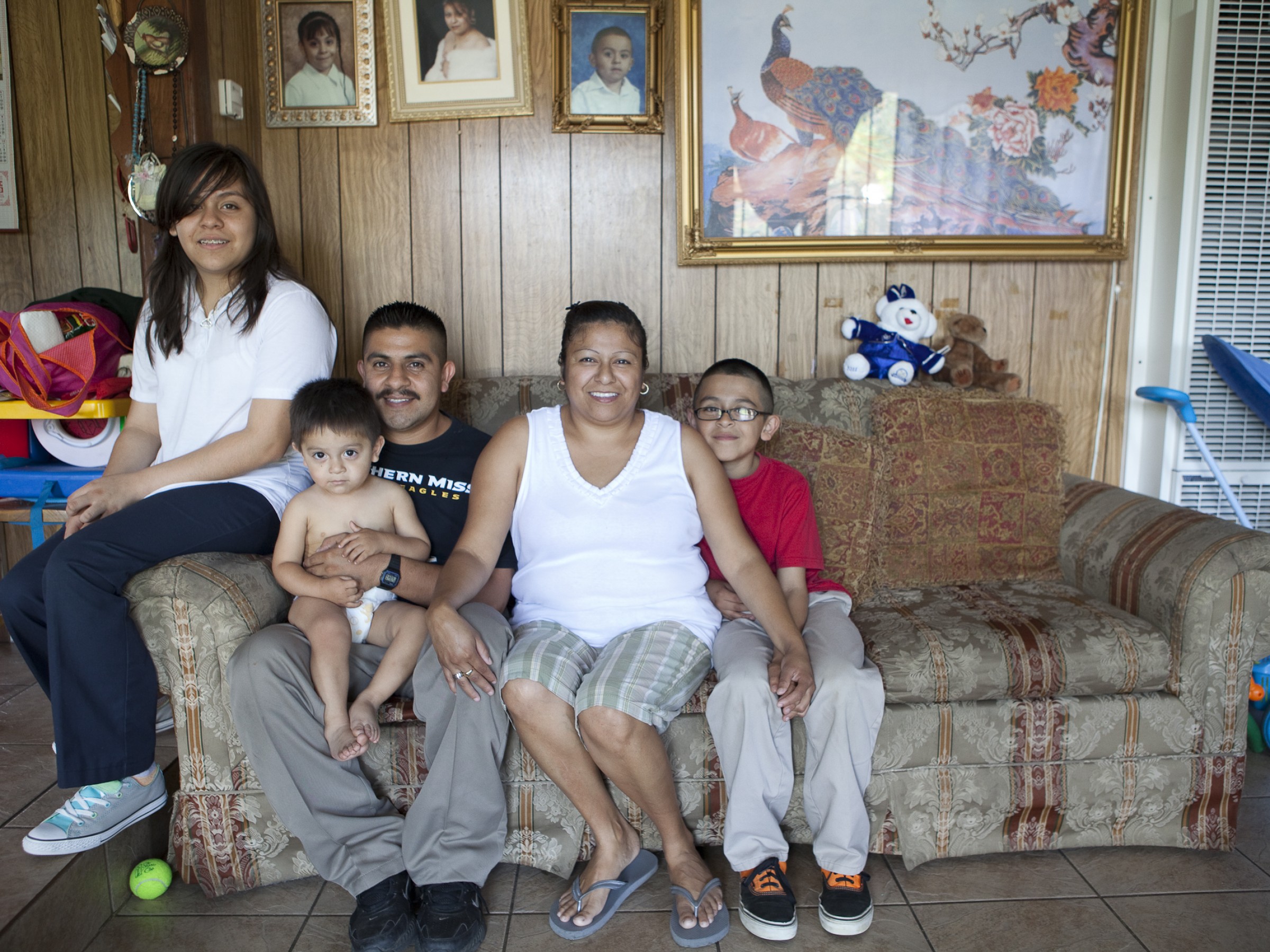Helping families achieve the dream of homeownership

There’s no place like home – especially if it belongs to you – and a community non-profit is making this a reality for thousands of families who did not think homeownership was possible.
In an owned home, monthly payments translate into equity instead of disappearing rent. It’s where the owner calls the shots.
Yet homeownership remains elusive for many. In a recent survey by the National Association of Realtors, three in four non-homeowners said owning a home is part of their future goals. Asked why they don’t own, the most common answer was they couldn’t afford it.
An innovative nonprofit in Milwaukee called Acts Housing has changed that for over 2,600 low-income families. They do this by helping families convert and renovate vacant and abandoned houses into loved and livable homes – effectively transforming blighted neighborhoods block by block, family by family.
Now, for the first time, Acts is expanding their efforts to Beloit, Wisconsin with the goal of helping 150 additional families achieve the dream of homeownership – families like Christina’s.
Not long ago, Christina and her two sons, Zarian, 18, and Zayden, 13, were homeless and living in a shelter. But just a couple of weeks ago, she closed on her first home, something she once thought was out of reach.
“I had every obstacle in my way to homeownership and I did it. If I can do it, anyone can do it. It feels amazing, it just feels amazing.”
Christina
She and her two boys are expected to move into their new home by the end of the month.
This expansion to Beloit follows three years of partnership and support with the Stand Together Foundation, which provided services like business development coaching and resourcing.
In Acts, Stand Together saw an effective organization driving critical change inside the community with the potential for deeper impact and greater reach. This new approach to removing barriers to homeownership is an essential part of sustainable neighborhood revitalization and breaking generational cycles of poverty.
Acts had a desire to explore new markets and increase its impact in Milwaukee but that was easier said than done. It required a clear vision, improved organizational structure, and more discipline around service delivery and data collection.
“When we began this journey with Stand Together we knew where we wanted to go, but we weren’t aligned on how we’d get there. This partnership helped us bring all our stakeholders together and put together a refined vision for the organization that said ‘this is our perspective on the world and this is how we can add value,’”
Michael Gosman
The team at the Stand Together Foundation worked closely with Michael and the Acts leadership team to help them implement and operationalize a new system, which allowed for more efficient data management.
“Critically, Stand Together helped us improve the way we introduce families to our work.”
Michael Gosman
It now offers ten monthly orientation sessions, presented in multiple languages, that explain what it takes to become a homeowner. Prior to working with Stand Together, Acts worked with people one-on-one to describe its offerings.
The new process is more efficient and “guarantees a certain level of quality information for our families,” Michael says. This enables the Acts team to better and more consistently assess where a family is in the process of owning a home and more efficiently provide resources to get them to their next step faster.
“Our pipeline is growing,” Michael says, “And we are projecting significant increases in the number of families who can become owners. Because of the pipeline we’ve built based on the work we’ve done with Stand Together, we’re projecting a 40 percent increase in the number of owner-occupied home sales that we’ll have this year.”
That will be an increase above and beyond the 100 to 130 families Acts helps become homeowners each year. And their model is proving that these families can maintain long-term financial sustainability—with an extraordinary 98 percent of families who remain current on their home loan payments. With this type of success, the improvements to operational efficiency could yield even greater social returns in Milwaukee and catalyze new impacts in other cities.
“We’re expanding to Beloit, but our program isn’t about market share,” Michael emphasizes. “It’s about creating momentum around home ownership and what’s possible. We need to make sure that we are as efficient and effective as we can possibly be, that we have not just an oral culture, but a system that can be shared, taught, and coached.”
In Spring 2019, Stand Together Foundation committed $600,000 to Acts to support the Beloit expansion and future growth opportunities. And that’s just the beginning of scale for Acts.
“If we can demonstrate that we can successfully lend larger amounts of money, there’s a huge potential to help many, many, many more families, hundreds more families who are purchasing these distressed homes and fixing them up. And at the same time, once we’ve proved we can do it in a city the size of Milwaukee and a city the size of Beloit, there’s no reason why we can’t begin exploring how to share the model in dozens of other places.”
Michael Gosman

